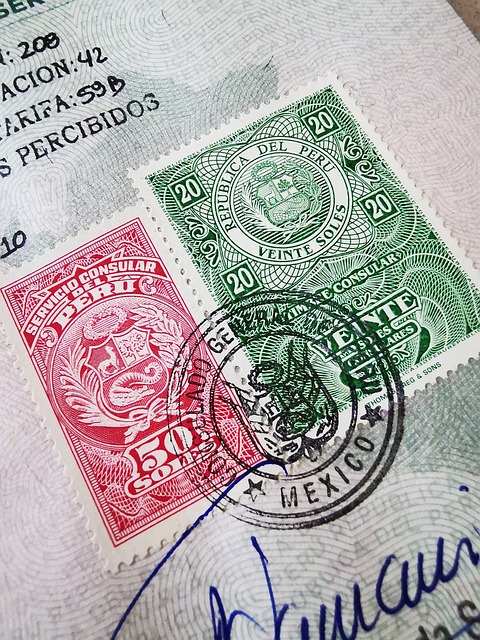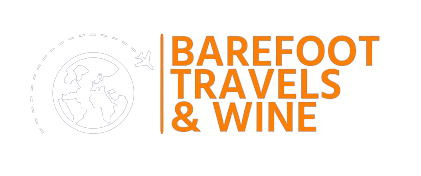What is the Schengen Agreement?
The Schengen Agreement is a treaty, signed in 1985, which allows travel freely between 27 European Countries. While the treaty has been around a long time, it wasn’t until 2016 that the European Travel Information and Authorisation System or ETIAS was approved for development. Starting in 2024, Americans traveling to a Schengen country will need to comply with the requirements of the Schengen Agreement. Learn in this article, what it is, how to apply, how far in advance to apply, participating countries, and when it goes into effect.
Is the Schengen Agreement a Visa?
Yes and no. For most travel, a visa for Americans is not required where they are traveling for short term tourism or business trips. If you plan to stay or visit more than ninety days during a 180 day period, you will need a visa. Anything less than that does not require a visa. For tourists who are visiting less than 90 days, within 180 days, only need to register prior to visiting.
When Does the Schengen Agreement Go into Effect?
Currently, it is set to go into effect in 2024. Thus far an exact start date is not released, but those traveling to Europe in 2024 should plan to comply with the agreement.
What is Required to Comply with the Schengen Agreement?

Your passport will need at least ninety days validity on it; however, many countries require at least six months of validity. Confirm the amount of time needed on your passport for each country you plan to travel to during your visit. This can often be confirmed on the United States of Department of State website. Travelers need a justifiable reason for the visit and sufficient financial resources for the visits. Prior to the visit, Americans will need to register into the ETIS. This most likely is available as an online application for Americans. There will also be a fee of approximately seven Euros.
In addition to meeting the requirements of the Schengen agreement, individuals must also make sure they meet the requirements of the individual country that they are traveling to visit.
How far in advance should I apply for Schengen Agreement coverage?
There is some information that suggests you may apply ninety-six hours in advance. This is very last minute and in our opinion not advisable. To play it safe, applying well in advance of your trip. Ideally, thirty days or more before the trip. In the event there are issues, this will give you time to hopefully sort them out. Get approval before you board the plane or boat taking you in the EU.
Are there Other Considerations?
Yes. You should be sure to get a stamp in your passport on entry and exit. Also, be sure there is only one stamp per page on your passport.
What countries will require registration as part of the Schengen Agreement?
Registration will be required for the following countries:
- Austria
- Belgium
- Croatia
- Czech Republic
- Denmark
- Estonia
- Finland
- France
- Germany
- Greece
- Hungary
- Iceland
- Italy
- Latvia
- Liechtenstein
- Lithuania
- Luxembourg
- Malta
- Netherlands
- Norway
- Poland
- Portugal
- Slovakia
- Slovenia
- Spain
- Sweden
- Switzerland
What information will the ETIS application require?
The following list is required as part of the ETIS application:
- Valid passport / Travel document information
- Full name
- Current address
- Citizenship status
- Sex
- Preferred gender
- Dual citizenship status
- Email address
- Telephone number
- Date of birth
- The first country you intend to visit
- Final destination member state
- Educational background
- Occupational background
- Criminal background
- Past travel to war and conflict areas
- Past European travel
- Health history
- Drug use
Where can I Locate More Information and Updated Information?
You can obtain more information on the Schengen Agreement on the United States Department of State website. It is advisable to check the Department of State website before traveling to any country to obtain any changes or specifics regarding the location where you are traveling. If you are planning to travel to a Schengen Country in 2024, check their website frequently for updates or changes to ensure compliance.
Additional information is at ETIAS and FAQs on ETIAS. Read our article, Essential Travel Packing Hacks for International Travel, to learn how to pack as efficiently as possible on a long vacation.










